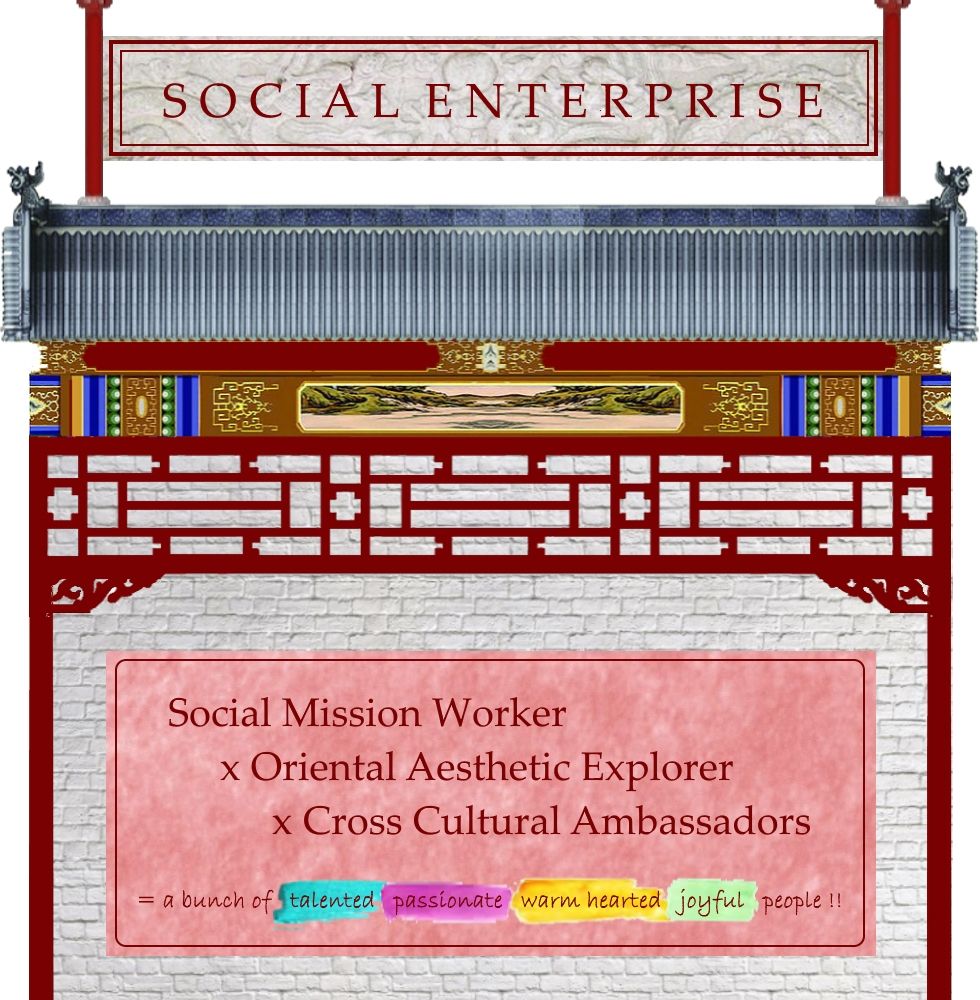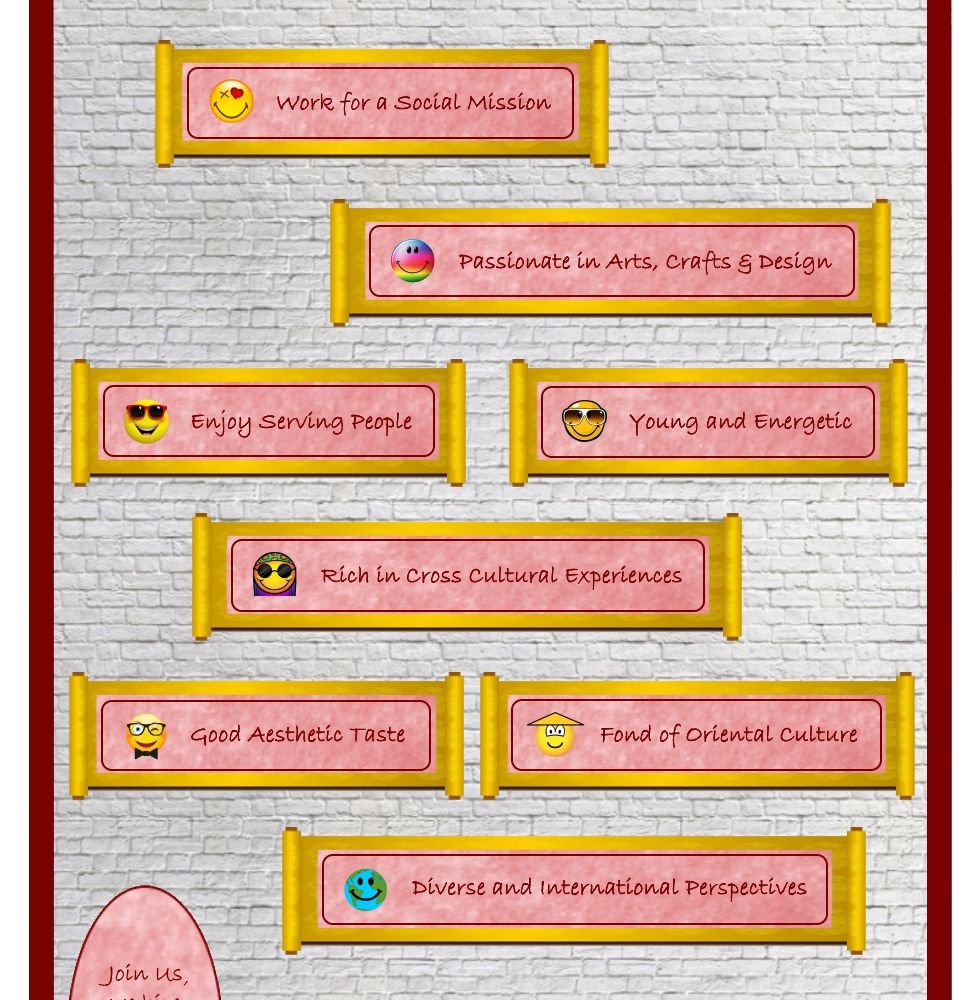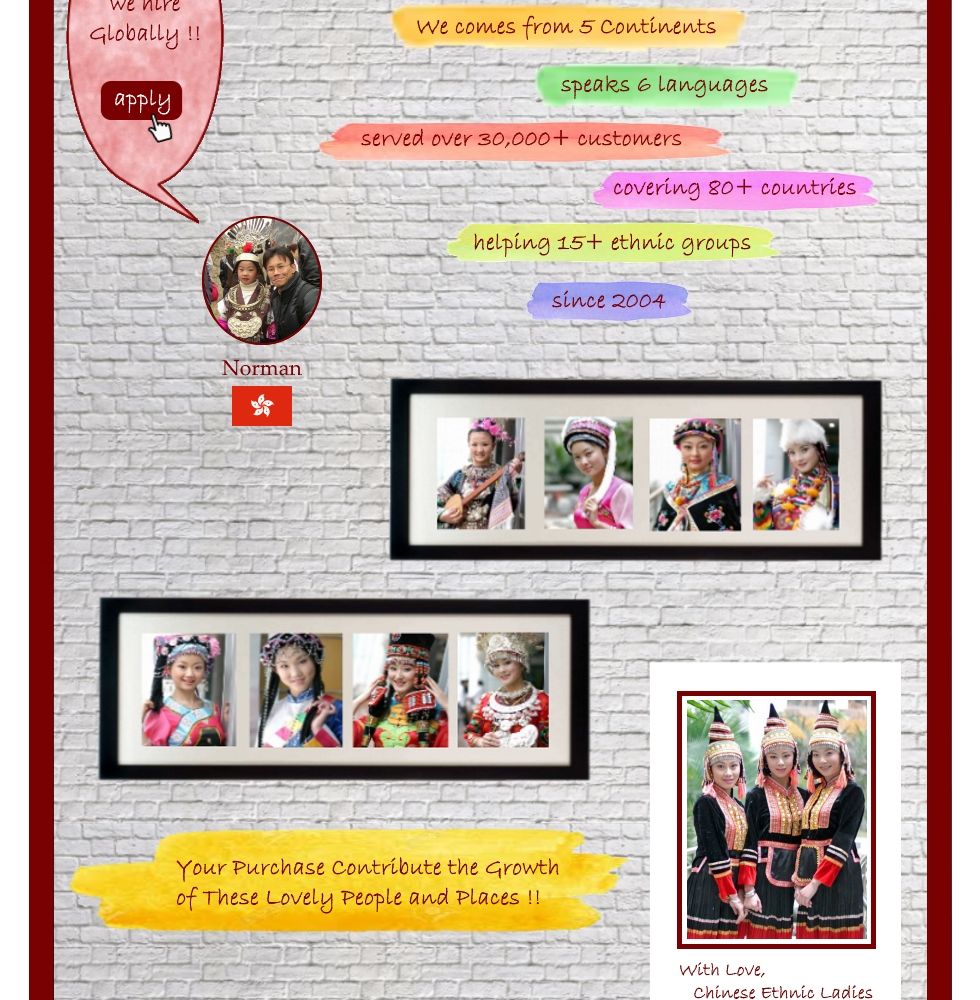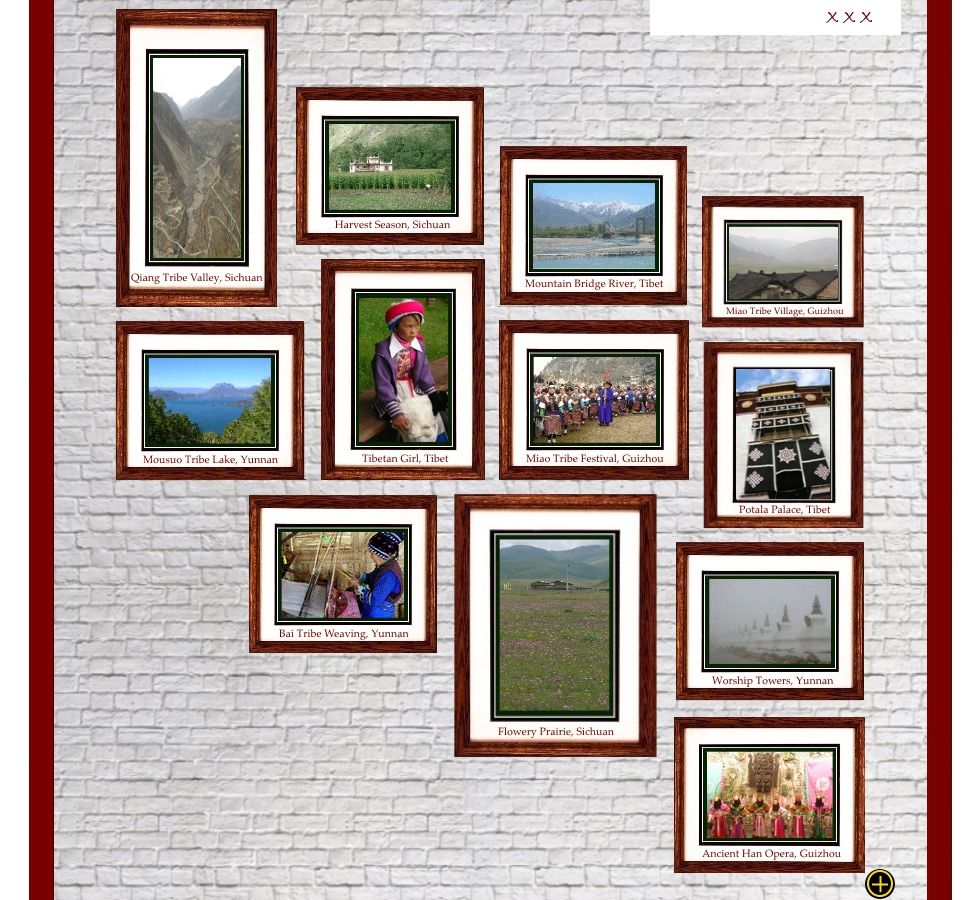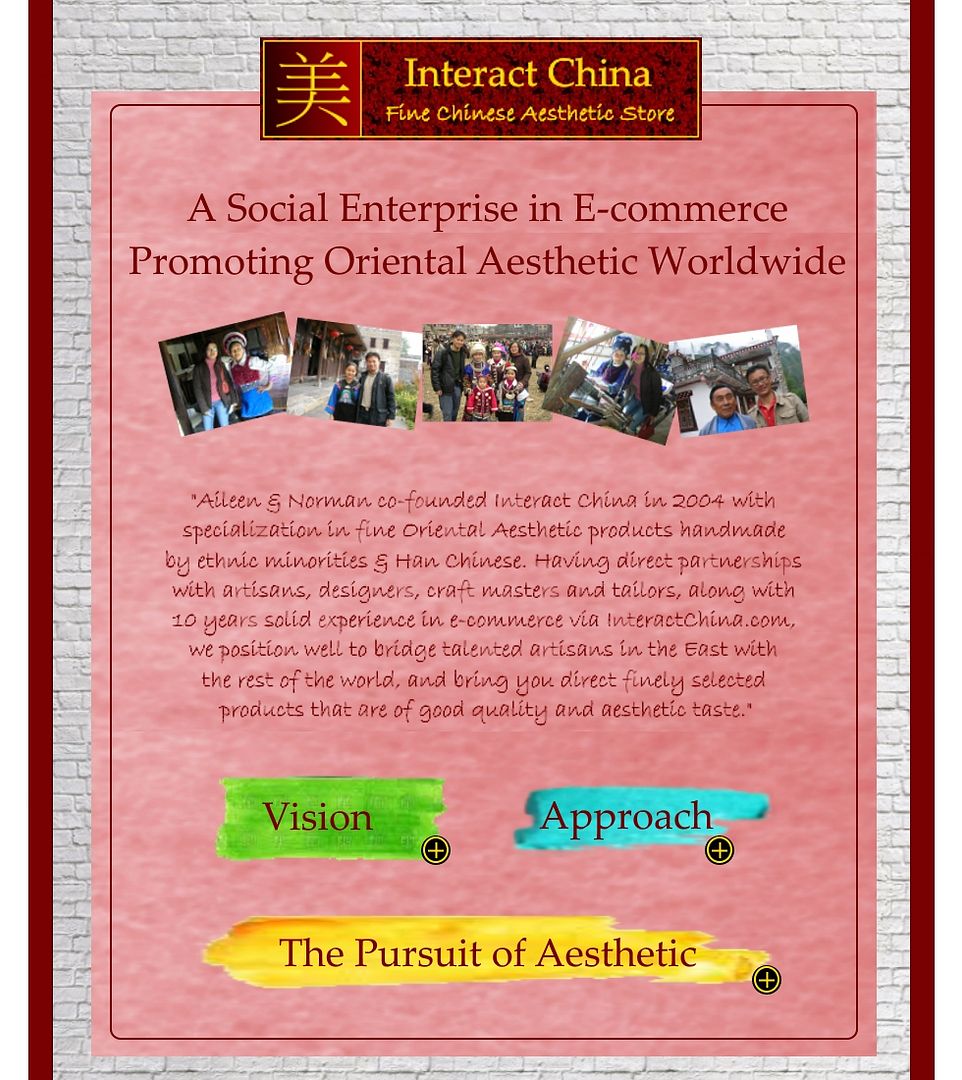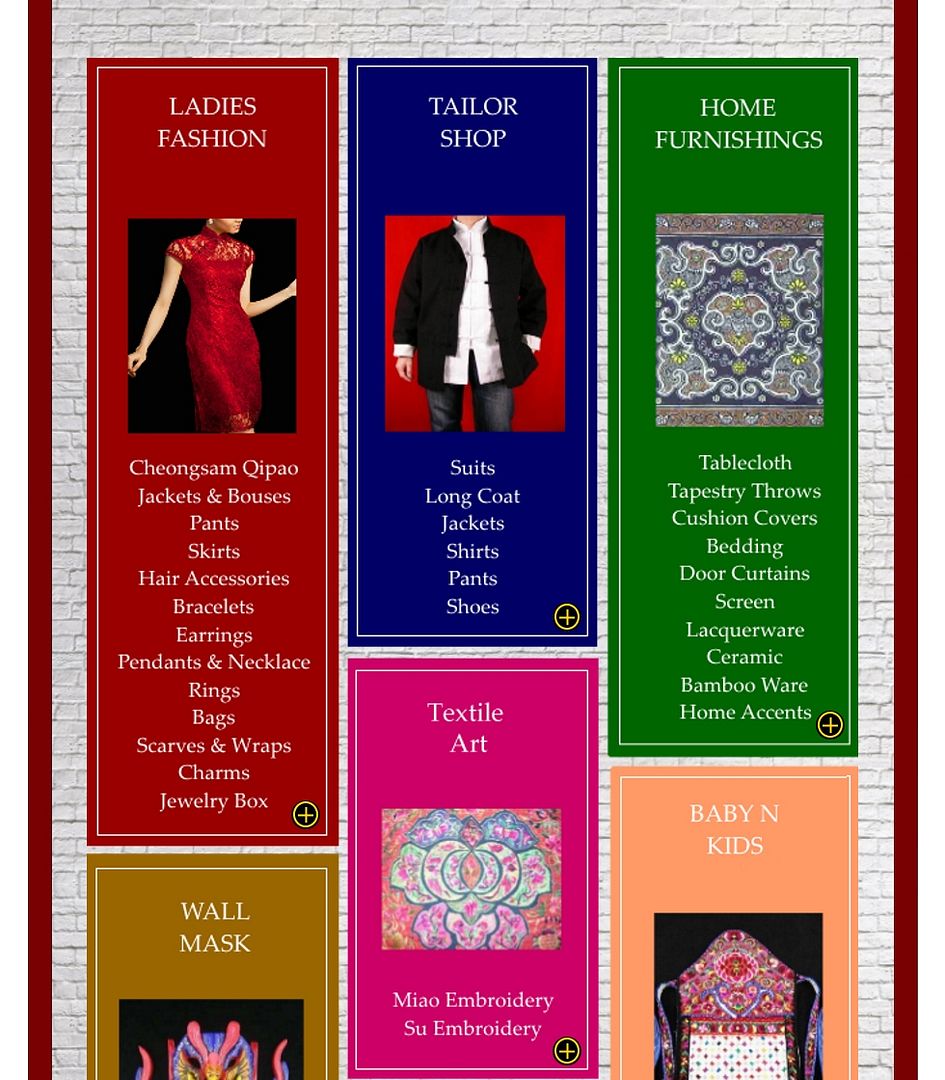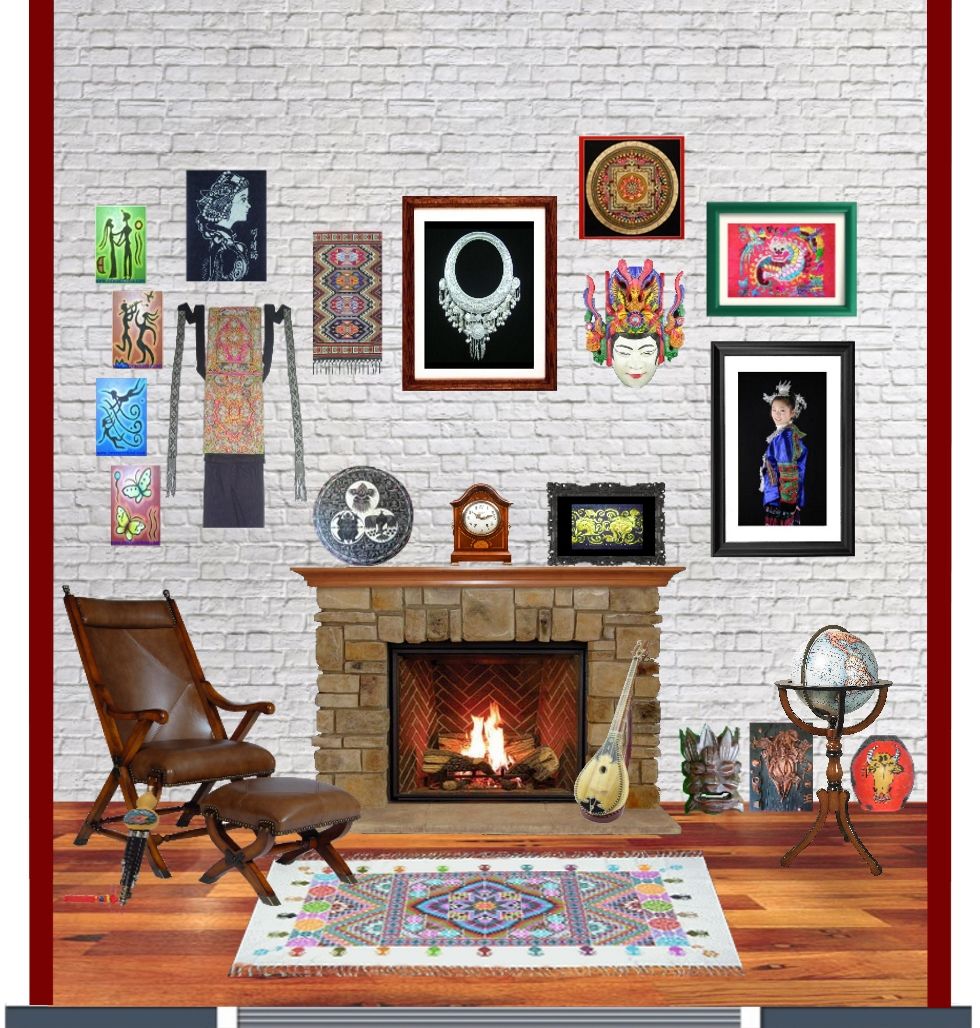Hulusi, Oriental Saxophone
9th Jun 2017
If you like playing and collecting Chinese musical instruments, Hulusi will not disappoint you.
Origination
 |
 |
Hulusi is the free wind instrument of Chinese folk music. It is originated from ethnic Dai tribe in Yunnan in the Southwest China, which can be traced back to Qin and Han Dynasties (221 BC to 220 AD). It is also popular among other ethnic groups like De’ang, Hani and Yi in the nearby regions. Dai people call it “Bi Lang Dao”. “Bi” means wind instrument, “Lang” means vertically held, and “Dao” means gourd. Whereas, in Chinese Mandarin the instrument is called Hulusi , named after its shape and sound. “Hulu” means gourd, and “si” means silk, implying the sound is as soft as silk. For its soft and harmonious sound, it is described as Oriental Saxophone.
Construction and Various Types
Hulusi or Gourd Flute is made of a gourd with bamboo pipes fixed at the bottom. The gourd is the wind chest. The middle pipe is the main pipe with 7 finger holes, 6 on the front and 1 on the back. The pipes next to the main pipe on both sides are drone pipes or harmonic pipes. The reeds are at the top end of the pipes. Most of reeds are made of brass, and could be in triangle or rectangle shape. Hulusi is a solo instrument and rarely played in ensembles. It was predominantly played by the Dai and other non-Han ethnic groups in Yunnan province but now can be seen everywhere in China.
 |
 |
There are various types of gourd planted all over China, while those planted in Yunnan, with its slim shape, thick texture and solid structure is considered the most ideal for making Hulusi . In addition to natural gourd, quality timber such as ebony and sandalwood are popular choice for more professional players.
Legend about Hulusi
The sound of Hulusi is hauntingly beautiful, mellow and tender, and has a very pure, clarinet-like sound. It is ideal for expressing soft and tender feelings. Traditionally, Dai men play Hulusi to express their love to women and they also
play Hulusi in the fields when taking a break from planting or harvesting.


There is a legend about Hulusi among Dai people. In the remote past, a Dai young man saved his girl friend from a flood by holding a big gourd and rushing through the turbulent waves. His loyalty to love touched Buddha, who inserted bamboo pipes into a gold gourd and gave it to the brave man. Holding up the gold gourd, the man played beautiful music. All of a sudden, the torrential flood retreated, flowers blossomed and peacocks opened their tails. All things on earth seemed to be sending their good wishes to the lovers. Ever since then, Hulusi has been passed down from generation to generation among Dai people.

Hulusi is widely appreciated for its beautiful and soft sound. Although it is still predominantly performed in China, Hulusi has been popular in other countries. It has in recent years been adopted by European composers and performers. Rohan Leach from England, Rapheal De Cock from Belgium and Herman Witkam from the Netherlands have all taken the instrument in new directions.
by Xiao Xiao @ InteractChina.com
About Interact China
-----------------------------------------------------------------------------------------------------------------------------
"A Social Enterprise in E-commerce Promoting Oriental Aesthetic Worldwide"
Aileen & Norman co-founded Interact China in 2004 with specialization in fine Oriental Aesthetic products handmade by ethnic minorities & Han Chinese. Having direct partnerships with artisans, designers, craft masters and tailors, along with 10 years solid experience in e-commerce via InteractChina.com, we position well to bridge talented artisans in the East with the rest of the world, and bring you direct finely selected products that are of good quality and aesthetic taste.
So far we carry 2000+ goods covering Ladies Fashion, Tailor Shop, Home Furnishings, Babies & Kids, Painting Arts, Textile Arts, Carving Arts, Tribal Jewelry Art, Wall Masks and Musical Instruments. Our team speak English, French, German, Spanish and Italian, and serve customers worldwide with passion and hearts.
-----------------------------------------------------------------------------------------------------------------------------
P.S. We Need People with Similar Passion to Join Our Blogging Team!
If you have passion to write about Oriental Aesthetic in Fashion, Home Decor, Art & Crafts, Culture, Music, Books, and Charity, please contact us at bloggers@interactchina.com, we would love to hear from you!











